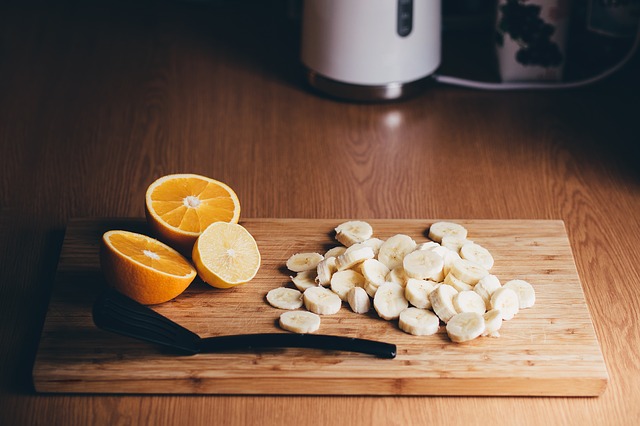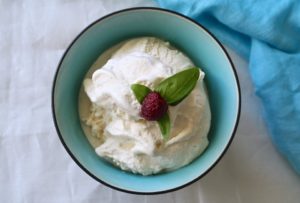How to Replace Butter And Oil In Baking

How to Replace Butter And Oil In Baking
If a recipe calls for 1 cup oil, use
1/2 cup applesauce and 1/2 cup oil.
Use only olive oil or coconut oil or applesauce,
banana, or fruit puree.Applesauce: You can replace butter in
baking recipes with unsweetened applesauce
by using half of the amount of applesauce as
the amount of butter called for in the recipe.
Vegetable Oil: You can substitute 3/4 cup of
vegetable oil for every 1 cup of butter called for.

For 1 tablespoon cooking oil:
substitute 1 tablespoon olive oil, or coconut oil,
or replace half the amount of oil for mashed
bananas in baking and adjust as needed.
For 1 cup vegetable oil:
Use only olive oil or coconut oil.
substitute 1/2 cup applesauce or fruit puree.
As a general rule, use half applesauce and
half fat.
Coconut oil is an excellent choice for cooking, as it can resist
heat-induced damage. This way, you’re not consuming damaged,
oxidized oils. Processed vegetable oils, on the other hand, such as
soybean, corn, cottonseed and canola oil, produce oxidized
cholesterol when heated, which increases thromboxane formation —
a factor that clots your blood, as well as two toxins: cyclic aldehydes
and acrylamide.It’s beyond unfortunate that the American Heart Association
(AHA) decided to slow down much-needed progress by sending
out its international presidential advisory12 warning against the
use of coconut oil and butter, reiterating its old recommendation
to use polyunsaturated fatty acids (PUFAs) such as margarine
and vegetable oil instead. Overall, the AHA still recommends
limiting your daily saturated fat intake to 6 percent of daily calories
or less, which is far below what your body needs for optimal health.
This advisory, sent out in June last year, was sharply criticized by
many health experts, and for good reason. For starters, the studies
on which the advisory was based all date from the 1960s and early
1970s — the eras when the low-fat myth was born and grew to take
hold. Many studies since then have demolished and refuted the science
the AHA still clings to, but none of them were included.
According to Dr. Cate Shanahan,14 a family physician and author of
“Deep Nutrition: Why Your Genes Need Traditional Food,” the AHA’s
message “is not only false, it is dangerous,” noting that the AHA is
actually making false claims since none of the studies included in their
analysis involved coconut oil specifically.
It’s also worth noting that most of the early studies on coconut oil that
found less than favorable results used partially hydrogenated coconut
oil, not unrefined virgin coconut oil.15 Hydrogenated oil is not the same
as unrefined oil, even when you’re talking about something as healthy as
coconut. This little detail is what led to the undeserved vilification of coconut
oil in the first place.
https://articles.mercola.com/sites/articles/archive/2018/01/22/how-coconut-oil-can-benefit-your-health.aspx





You must be logged in to post a comment.